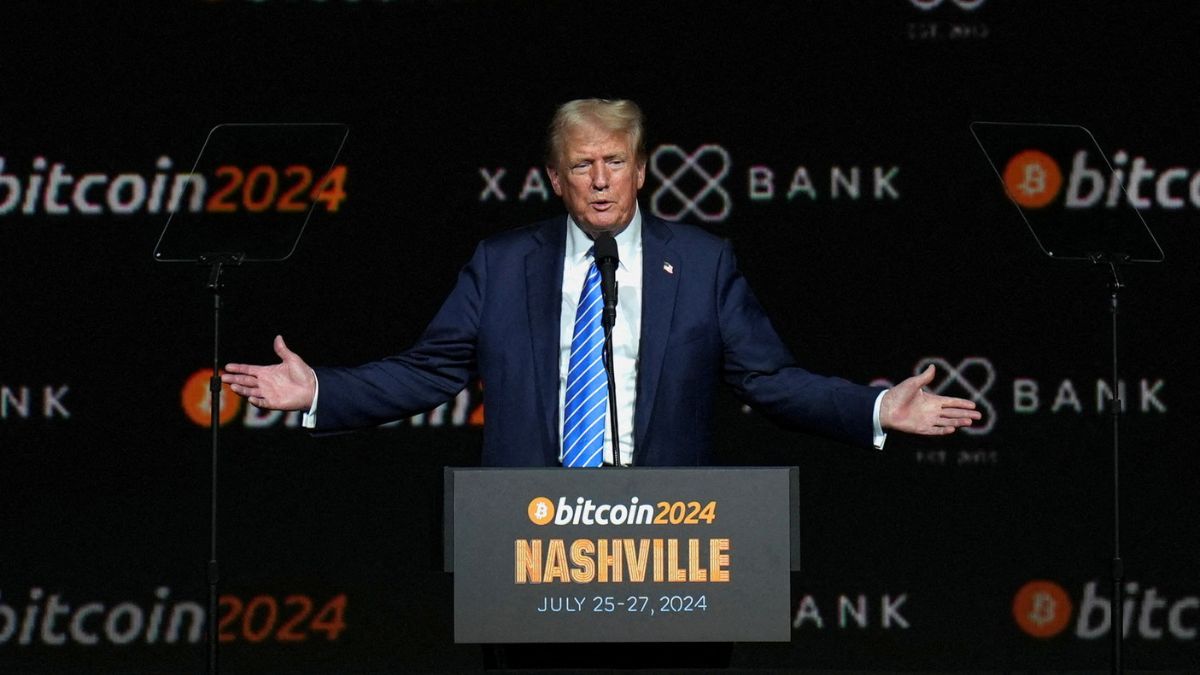In the universe of US President-elect Donald Trump, the Democrats broke the United States and he will fix it.
In Trump’s universe, tariffs are a solution to everything . From the fentanyl epidemic to manufacturing jobs moving abroad and purported unfair trade practices by China, Trump has promised to resort to tariffs to solve everything.
On the campaign trail, Trump said he would impose tariffs of 60 per cent or higher on all imports from China and 10-20 per cent tariffs on all imports.
Earlier this week, Trump pledged to impose 25 per cent tariffs on all goods from Mexico and Canada and 10 per cent tariffs on Chinese imports on his first day of office. The three countries are the biggest trade partners of the United States.
Trump’s tariffs to increase costs for average American
Despite his faith in tariffs, Trump is likely to worsen the cost-of-living situation for most average Americans — at a time when inflation has already started rising.
Trump’s tariffs of 20 per cent on all imports and 60 per cent on Chinese imports could increase the annual costs of an American family by up to $2,600, according to an analysis by Peterson Institute of International Economics (PIIE).
The analysis said that this would mean a fall of 4.1 per cent in the after-tax income of the household.
Such an increase in cost-of-living would be a result of increased cost of everyday commodities imported from countries subjected to tariffs. From foodstuff to electronics and industrial machinery and spares, the United States is dependent on imports from a host of countries.
Impact Shorts
More ShortsAs tariffs are a fee on imports, a 20 per cent tariff on a product would increase the cost of the product by 20 per cent for the importer, who would then pass on the cost to consumer. At the end of the day, the end-consumer —the average American— is going to be paying 20 or 60 per cent higher for imported goods.
Trump may abolish federal income tax — but there’s catch
Even if increasing tariffs across the board looks like a self-goal, it is still among the more conventional ideas Trump has flirted with on the campaign trail.
In discussions with Republicans, Trump has even proposed abolishing federal income tax and substituting it with increased blanket tariffs on all imports. Economists have said such a replacement of tax-revenues with tariff-revenue is a non-starter.
The abolition of federal income tax would lead to a shortfall of around $2 trillion in revenues to the US government. Economists have said that there is no way that across-the-board tariffs can bridge such a shortfall.
At the revenue-maximising tariff rate of 50 per cent, revenue would peak at around $780 billion, less than 40 per cent of what income taxes bring in, according to an analysis by PIIE.


)

)
)
)
)
)
)
)
)



